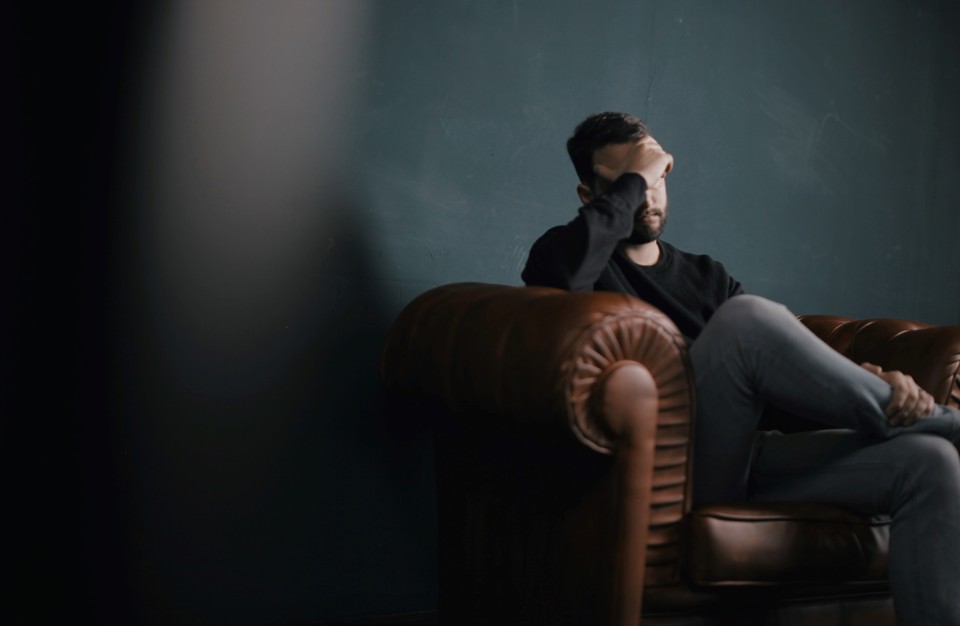A Vehicle Remarketing Association (VRA) snapshot survey found that 47% of respondents currently face issues affecting their work-life balance – but 89% say they are “somewhat confident” about coping with the resulting stress.
The questions were asked as part of a VRA webinar, How to Stay Well in a Time of Crisis, designed to provide guidance on member wellbeing throughout the Coronavirus outbreak.
Speakers at the webinar included Prash Kotecha of Mantra Consulting, on reducing stress and building resilience, and Rachel Clift, health and wellbeing director at automotive industry charity Ben, on support and services that are available.
Two VRA members also opened about their own experiences: Derren Martin of Cap HPI on his battle against prostate cancer and James Davis of Cox Automotive on the stigma of mental health in the workplace.
Watkins said hearing VRA members talk about issues they had experience and how they overcome them, was “very powerful”.
The sample size of the VRA 'snapshot survey' was restricted to VRA members, with 20 people responding.
 VRA chairman, Sam Watkins, said: “The sample size for this was small, but it does provide a useful indication of how the people in our sector are coping through current conditions.
VRA chairman, Sam Watkins, said: “The sample size for this was small, but it does provide a useful indication of how the people in our sector are coping through current conditions.
“Overall, the survey chimes with the mood of the webinar itself – members are currently under quite a lot of pressure, but the majority believe that they are coping. What we are trying to do is signpost support for those who are perhaps struggling a little.”
The snapshot survey also asked members what coping techniques they were using and the answers ranged from golfing and finding time to spend with friends to taking out a Netflix subscription and buying a new motorbike.
Those that outlined problems that were weighing heavily on them mentioned uncertainty, concern about the future, and feeling as though events were out of their control.
Watkins, who has featured in AM's 'Minutes with...' article series, said: “What seems to be the case is that a lot of people have developed individual coping mechanisms and that most of them are good solutions – but a few are certainly feeling the pressure.
“We hope that the webinar was useful to them and that if they feel they need further support, that they can reach out.”






















Login to comment
Comments
No comments have been made yet.